Checkmate to Gender Essentialism
The history of the piece movements stand against misogyny and transphobia
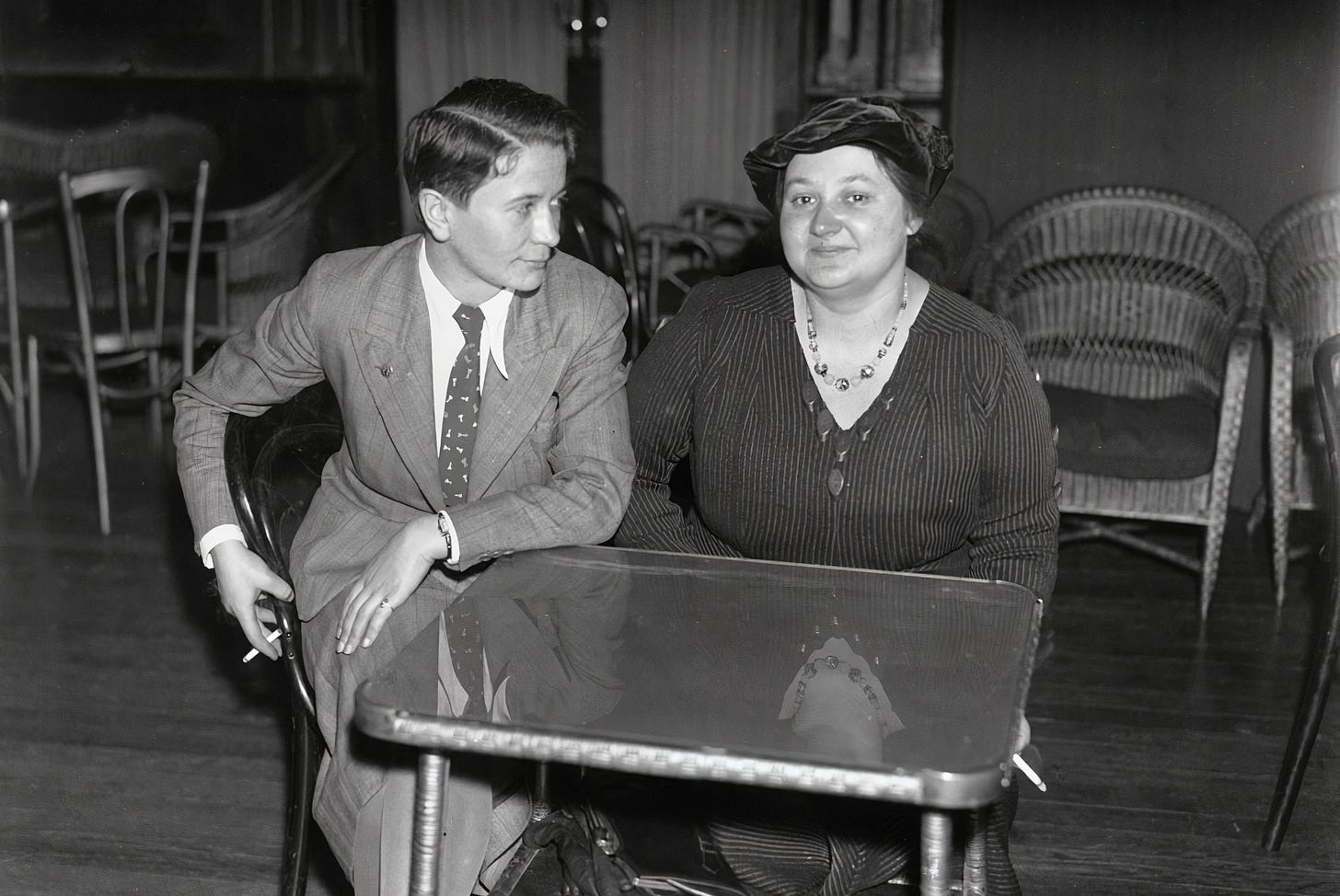
Five centuries ago, chess saw the biggest change it has seen in the history of its rules. The queen morphed from the weakest piece to the most powerful piece on the board.
The new rule set was nicknamed the “Madwoman’s Chess Game”, but the “mad” and the “woman” have long since dropped. The game became chess as we know it. The chess queen, the new executioner on the board said Checkmate to gender essentialism.

The mad queen was subject to outrage. In 1534, the French writer and artist Gratien Du Pont created a chessboard filled with insults for the new chess queen, which included, “True She-Devil” and “Very Negligent.”
I created a modern day version of Du Pont’s piece with my husband Daniel Meirom, which we call, Not Particularly Beautiful. Each square has a nasty comment to a female chess player, from the title square to the contradictory pair, “Wears Too Much Make up” and “Needs a Makeover.” Some are sinister, like “Horrible Sinning Harlot” or “The Voice of Satan.”
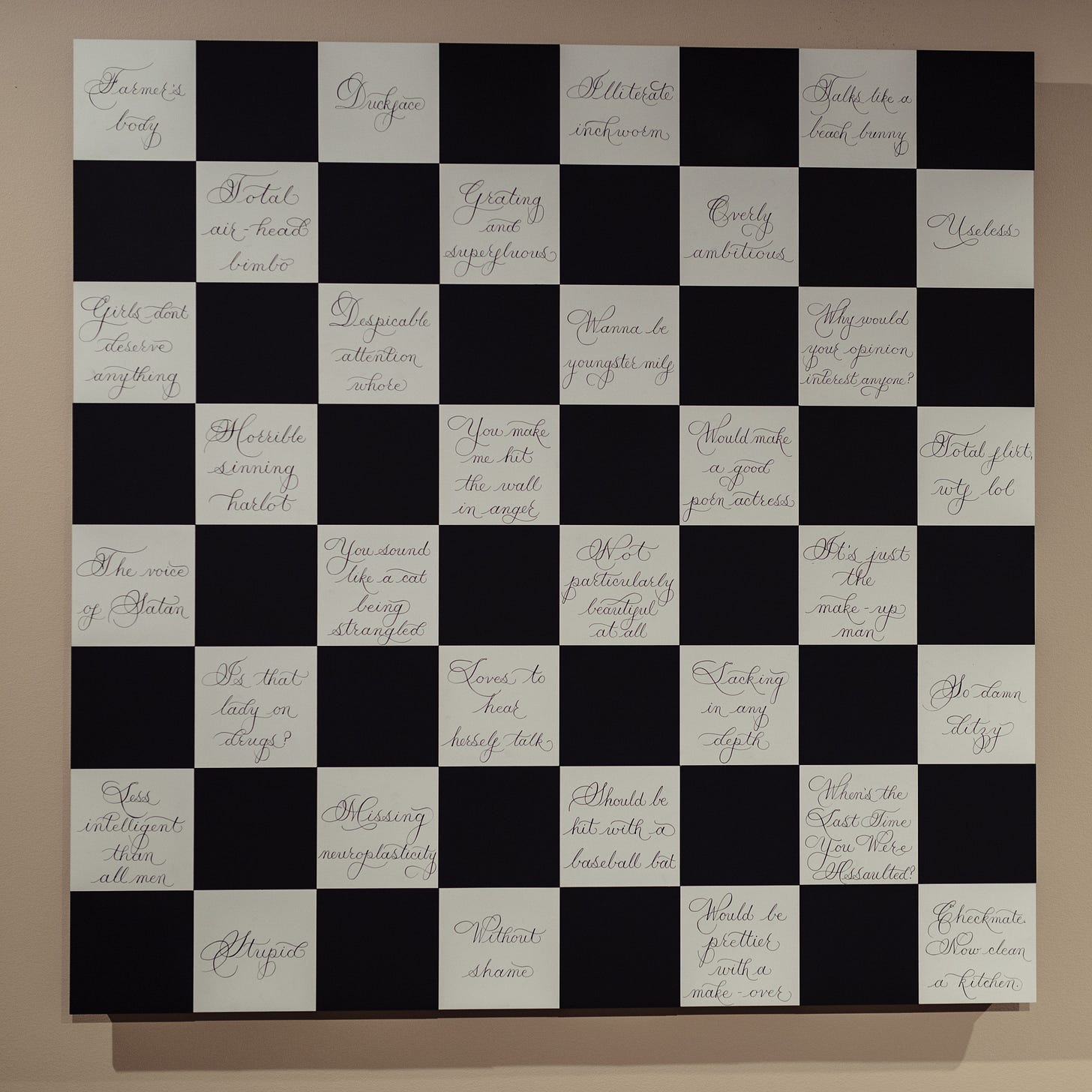
While the queen was lambasted, a pawn reaching the eighth rank was also controversial.
As H.J.R Murray wrote in the History of Chess (1913), "The pawn had to change its sex….the moral sense of some players was outraged…the usual practice was to use a different name for the promote pawn from that of the original Queen.”
Misogyny and transphobia are two sides of the same coin.
They both over-emphasize the role of gender in our lives.
If you’re a woman, you can’t be that powerful,
If you’re a pawn, you’re a male footsoldier, and you shouldn’t be able to change genders
Both statements are rooted in gender essentialism.
The persecution of trans and non binary people is part of a broader gender essentialism that hurts people of ALL Genders. It could have destroyed chess itself. Luckily, outrage toward the queen and pawn promotion faded, and the “mad” rules remain to this day.
Imagine for a minute if the rules changed back. The game would die…of boredom. No one would be playing chess at all anymore with the queen moving one square diagonally and pawns promoting to rooks. In chess as in life, challenging biological determinism benefits society1. Plenty of legendary chess queens have proved that.

One of my favorite players in the history of chess is 1930s Vice Women’s World Champion, the German-born Sonja Graf. An author of two books and a bon-vivant far ahead of her time, Graf wrote about her first serious game against a man:
“From this moment I had played only with women. How my poor heart beat remembering all the things I had heard about the stronger sex. I began to feel a bit….overwhelmed.”
Sonja soon concluded that in chess, gender was in the mind: “The complications of the fight dissipated all my fears. And as the game went on, I began to forget the difference between the strong and the weak sex….and in this hard fight, I found strengths that were hidden inside me, and I won.”
Here’s a puzzle featuring one of Sonja’s games. Answer in footnotes.2
On the cover of the autobiographical Yo Soy Susann (1946), Sonja emphasizes her masculine attributes.
Sonja’s challenge to societal norms and pursuit of freedom in all forms was not confined to gender. She called money a “vile metal” and insisted that “physical beauty (is) secondary.” Sonja Graf was also a vocal anti Nazi, repudiating the German Nazi flag when she played in the 1939 Buenos Aires Olympiad3. Instead, she played stateless, for the Flag of Liberty.
Gender essentialism is linked to fascism and eugenics.
The pattern continues as the United States of America faces our biggest test yet.
Angela Alston, a chess expert who I met in Texas when writing Chess Bitch/ Chess Queens, was generous in explaining her transition, back in the 2000s, when I was uninformed on the issue. After a couple hours, Angela gently suggested to me changing subjects, pointing out that she was passionate about so many other topics. “I took care of my problem (by transitioning) so I wouldn’t have to think (and talk) about it all the time.”
The first transgender WIM, Yosha Iglesias (also an FM, coach and YouTuber) is the star of the Problem chapter in Play Like a Champion4, which is about great female chess composers. White to Move and Mate in Three. Solution in footnotes5.
Long live the madwoman chess queen, and all the pawns who aspire to be her.
Related links:
Donna Dodson’s Match of the Matriarchs
Yosha Iglesias website and YouTube
Nick Plays Chess Book Review on Kingston’s Chess in the Third Reich
This doesn’t mean ignoring all gender related differences. I touch on this in a future post on game theory and the Beast Games. Subscribe so you don’t miss it.
Qxf7+!
I can’t do Graf’s story justice in this space. Read Chess Queens for more on her story, or check out chess historian Michael Negele’s research on her.
For more right now, Play Like a Champion is on forward chess as an interactive e-book.




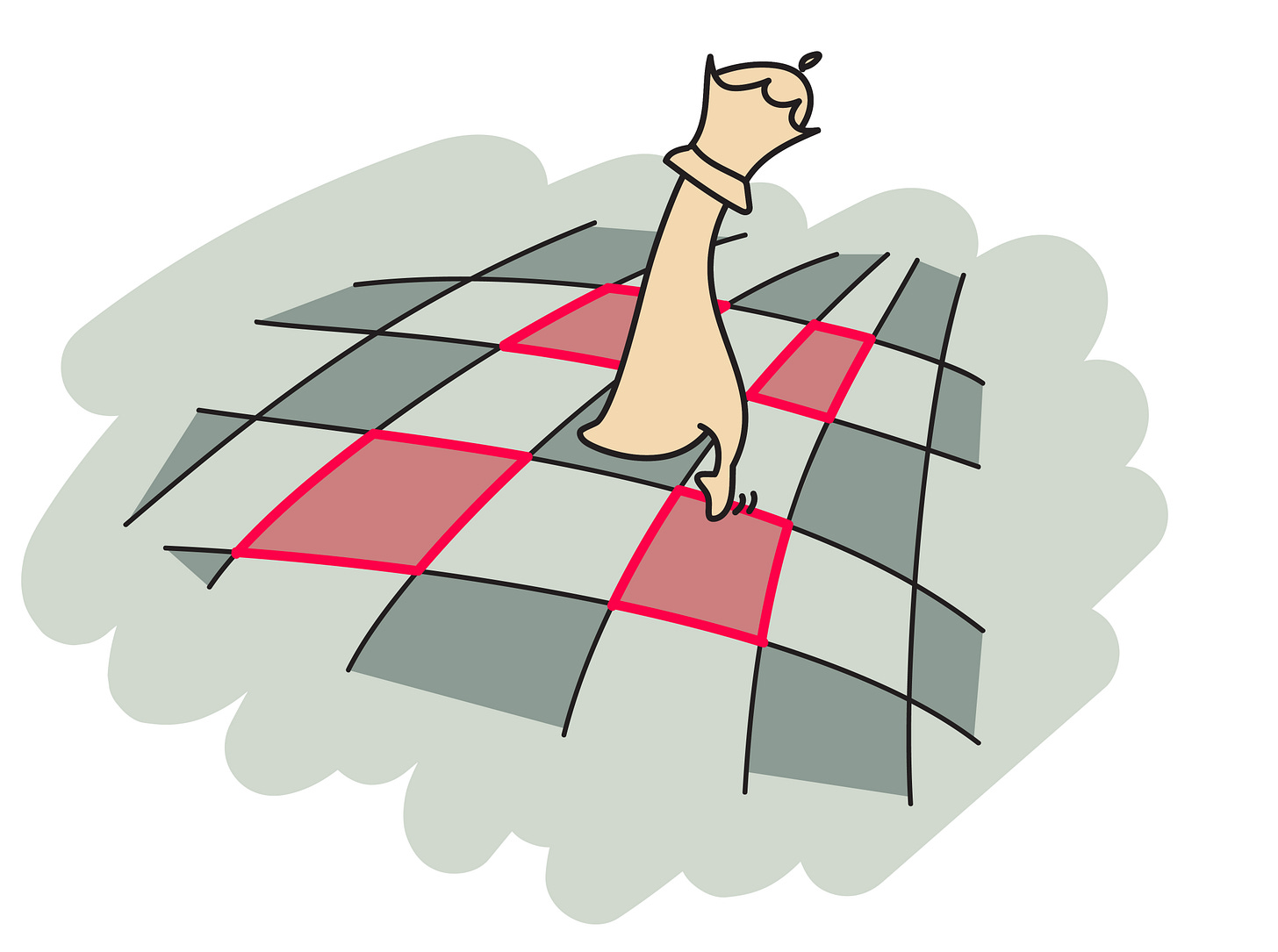
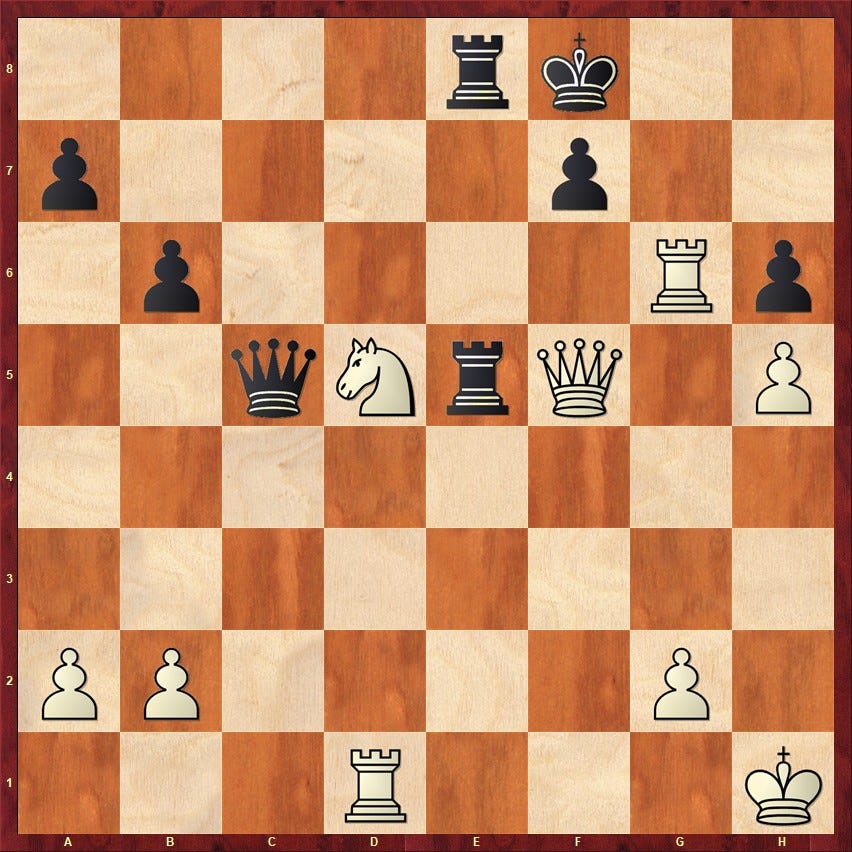
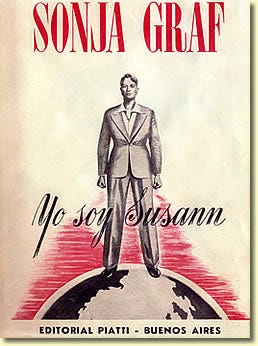

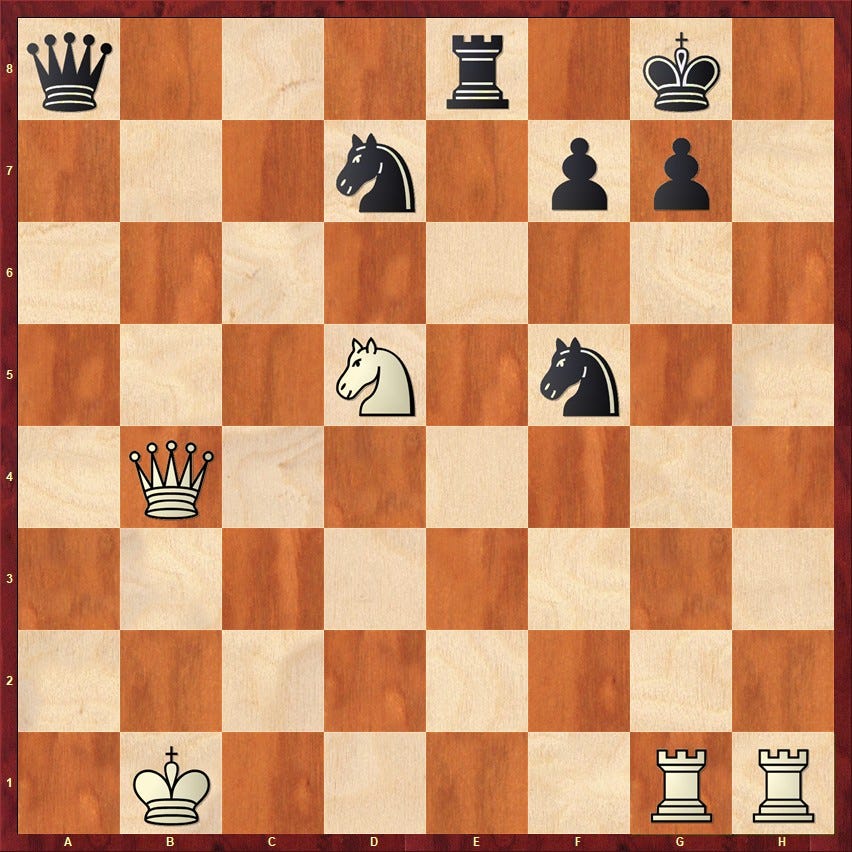
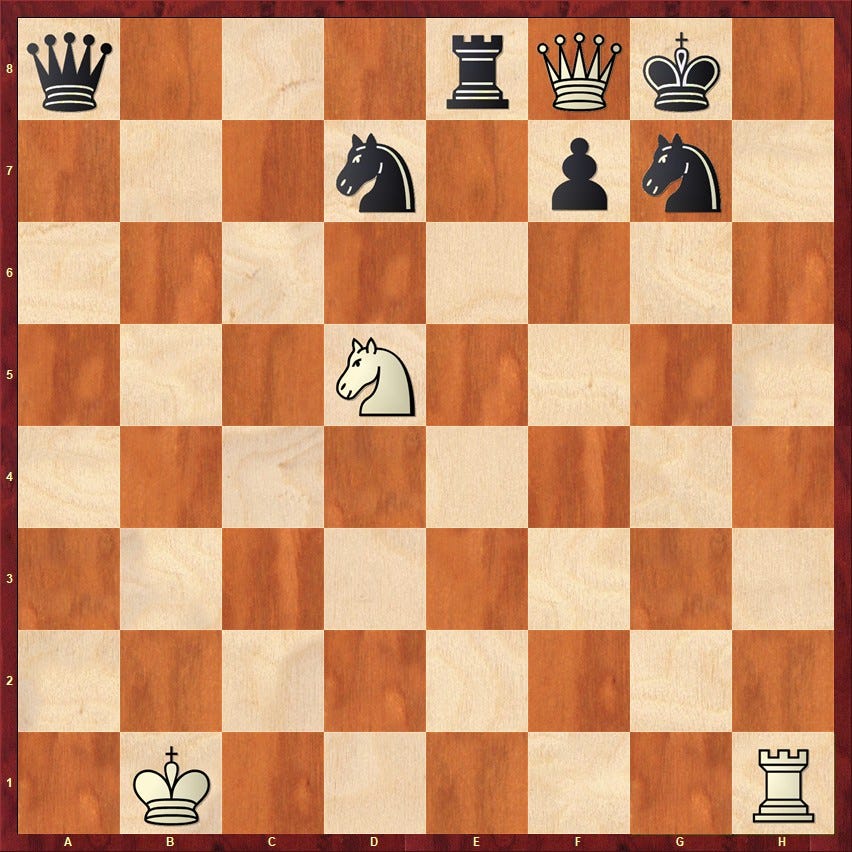
Thank you for your continued defense of trans and non-binary people. And, I have always appreciated your historical research! I didn't know Graf's stance on Nazi Germany until I read Chess Queen's. 💖💖💖